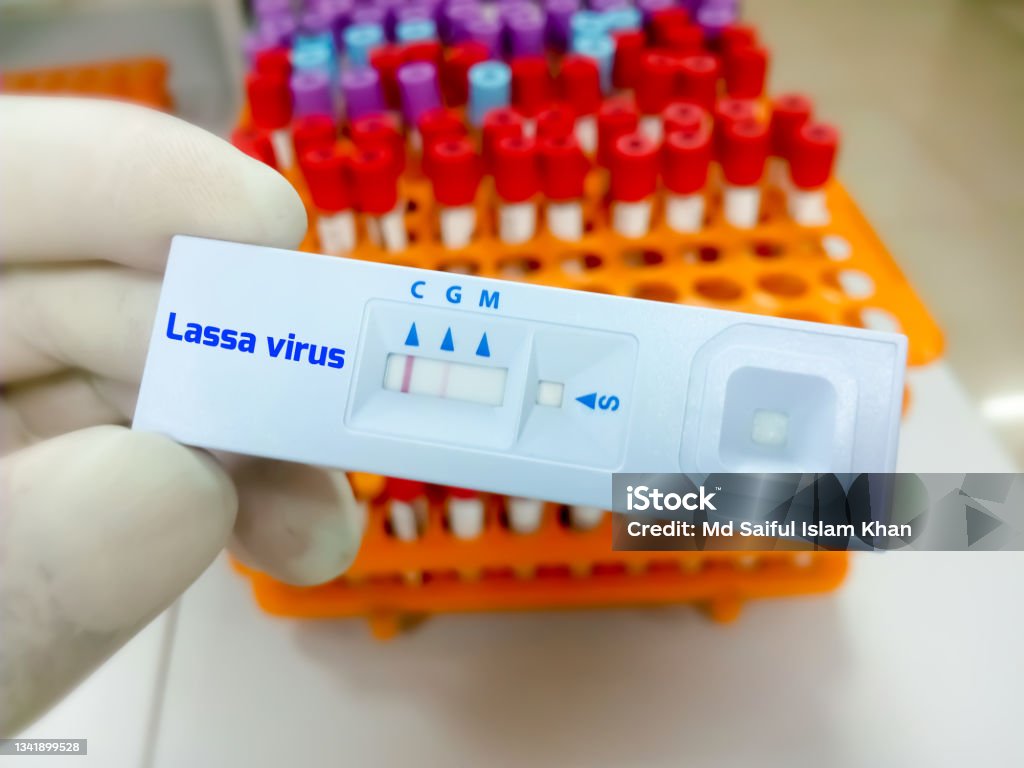
Combating Lassa Fever and Meningitis Morbidity through strategic government and CSR initiatives
Nigeria is grappling with an alarming rise in cases of Lassa fever and meningitis, signaling an urgent need for action from both the government and the private sector. The Nigeria Centre for Disease Control (NCDC) reports 1,035 confirmed cases of Lassa fever from 8,569 suspected cases and 174 deaths in 28 states as of October 13, 2024. Additionally, cerebrospinal meningitis has claimed 361 lives from 380 confirmed cases out of 4,915 suspected instances across 24 states.
While these figures underscore the severity of the crisis, they also highlight an opportunity for sustainable intervention and corporate social responsibility (CSR) initiatives to complement government efforts and strengthen public health systems.
Corporations operating in Nigeria, particularly those with significant stakes in the health and well-being of communities, must step up. Beyond profits, businesses have a moral obligation to invest in initiatives that mitigate public health challenges. CSR projects targeting Lassa fever and meningitis prevention can save lives, enhance public trust, and create sustainable social impacts.
Addressing the root causes of these diseases is critical for long-term impact. Lassa fever thrives in unsanitary environments where rats proliferate, while meningitis outbreaks often result from poor vaccination coverage and overcrowded living conditions. Sustainability-focused strategies must target these underlying issues.
Therefore, businesses can sponsor community-based waste management programs to reduce rodent populations. Initiatives could include: Supporting local governments in establishing waste collection systems; Funding the distribution of rat-proof food containers to households in high-risk areas ; Such programs address the environmental factors contributing to Lassa fever outbreaks.
Because Meningitis thrives in overcrowded and poorly ventilated spaces, companies can invest in social infrastructure projects like affordable housing or the construction of schools and community centers with better ventilation and hygiene facilities.
Also is employee Wellness Programmes, Corporates should also consider extending their impact to their workforce by: Offering free or subsidized vaccinations to employees and their families; Hosting health and hygiene workshops to educate staff on disease prevention.
Ultimately, a multi-stakeholder approach will do. Tackling these public health crises requires collaboration among government agencies, private corporations, civil society, and international organizations. The government must lead by increasing healthcare funding, ensuring the timely distribution of vaccines, and holding corrupt officials accountable.
Corporations, in turn, can support these efforts by aligning their CSR activities with national health priorities. Beyond monetary contributions, businesses can provide technical expertise, logistics support, and innovative solutions to improve health outcomes.
Beyond CSR, embedding health into business strategy will always win. For businesses, adopting a proactive approach to health crises aligns with the United Nations’ Sustainable Development Goals, particularly SDG 3, which focuses on good health and well-being. Companies that integrate health interventions into their core business strategies not only benefit communities but also enhance their own sustainability and reputation.
The surging cases of Lassa fever and meningitis in Nigeria demand more than just reactive measures. A strategic combination of government action and private sector-led CSR initiatives can turn this crisis into an opportunity to strengthen the country’s health systems sustainably.









